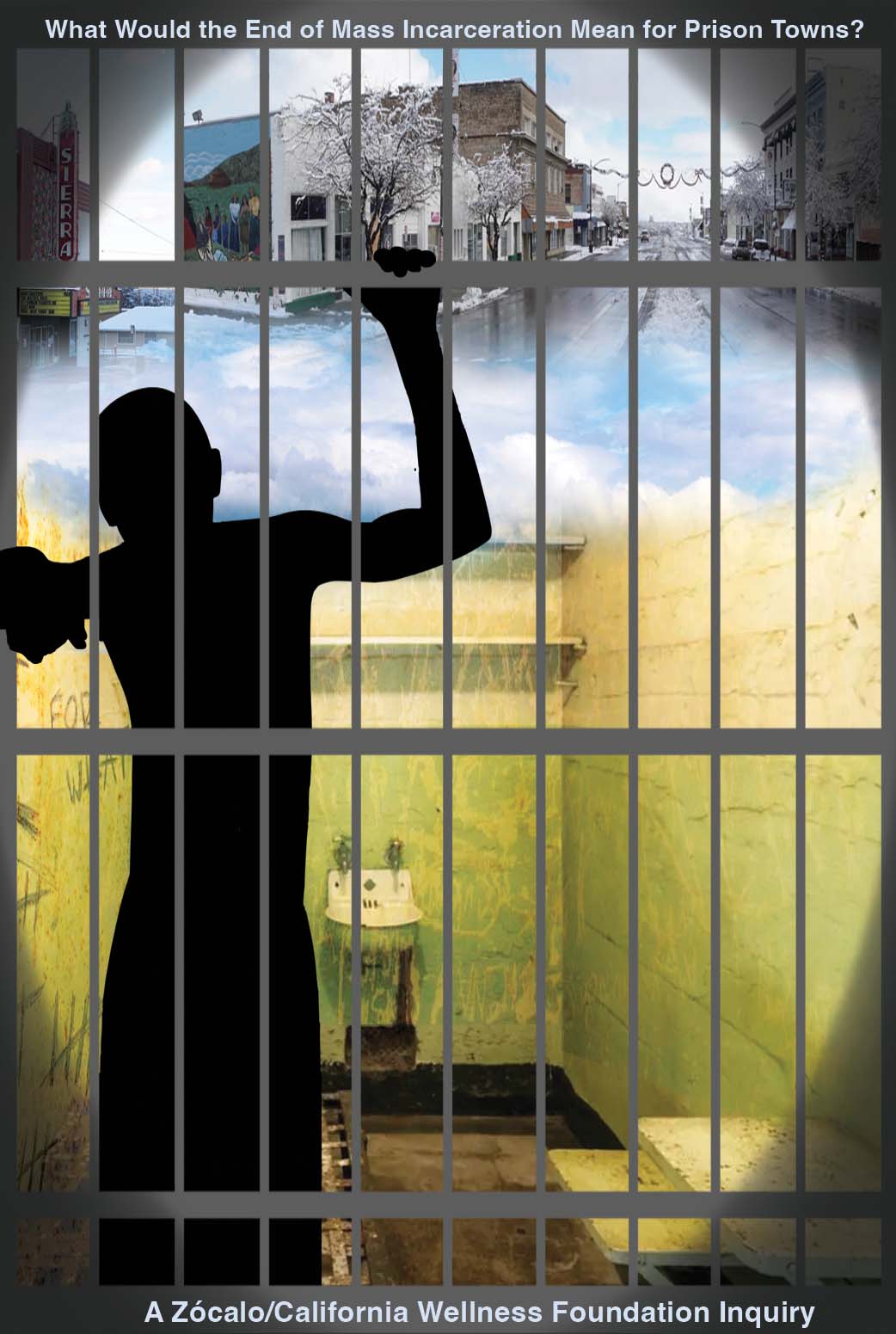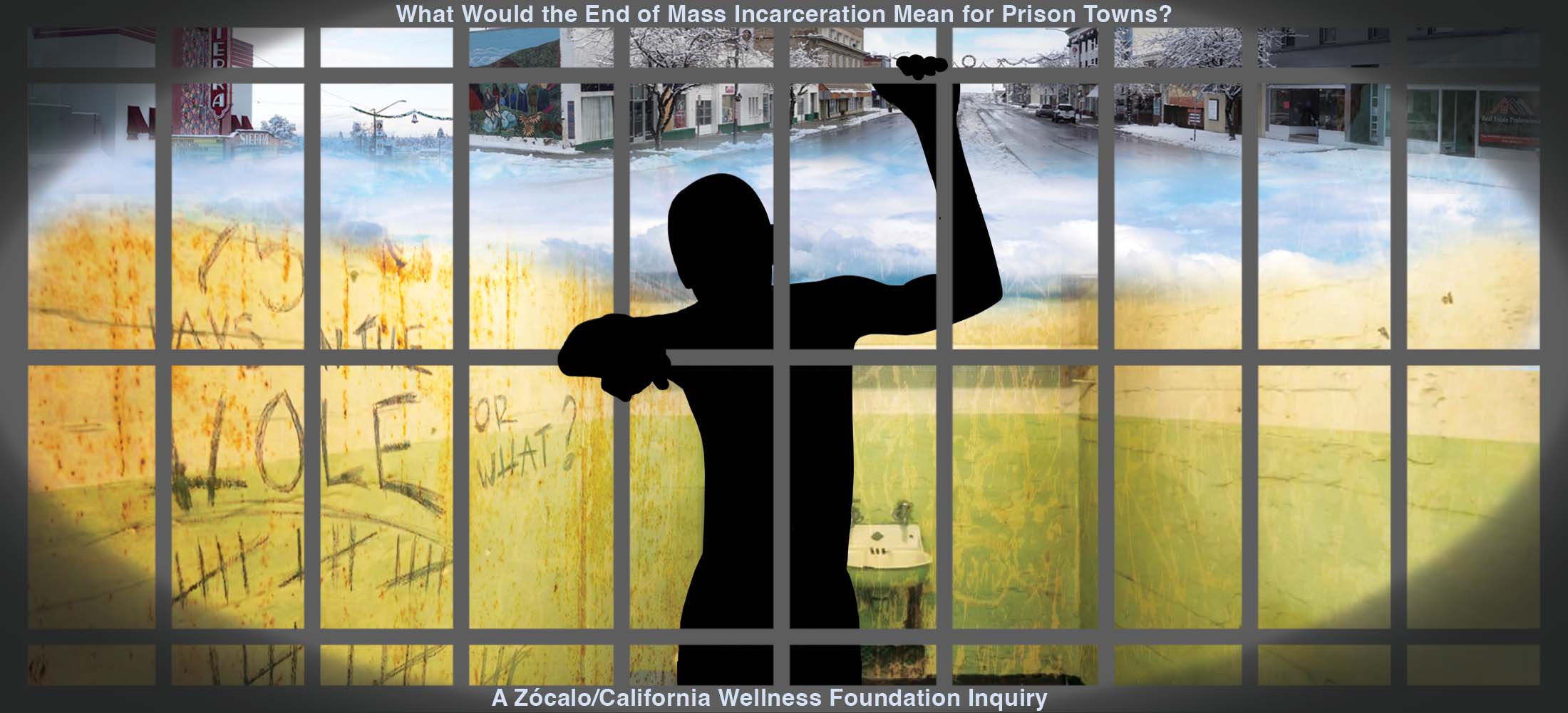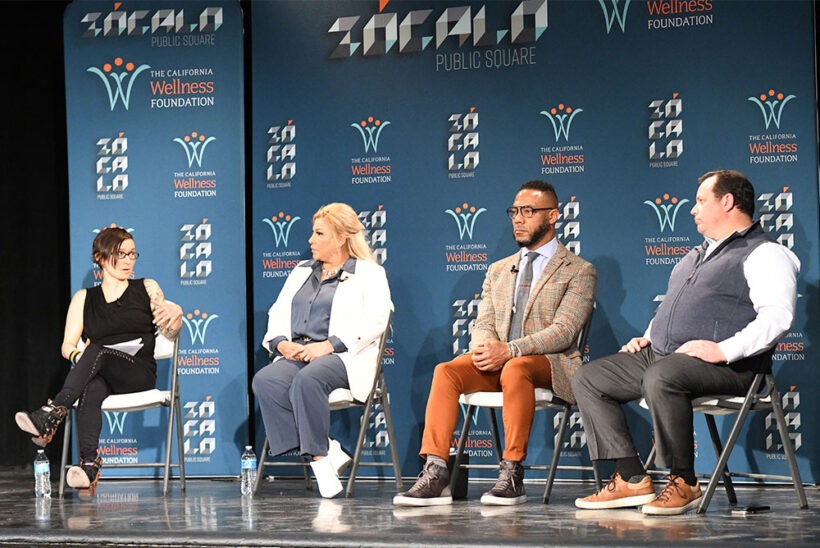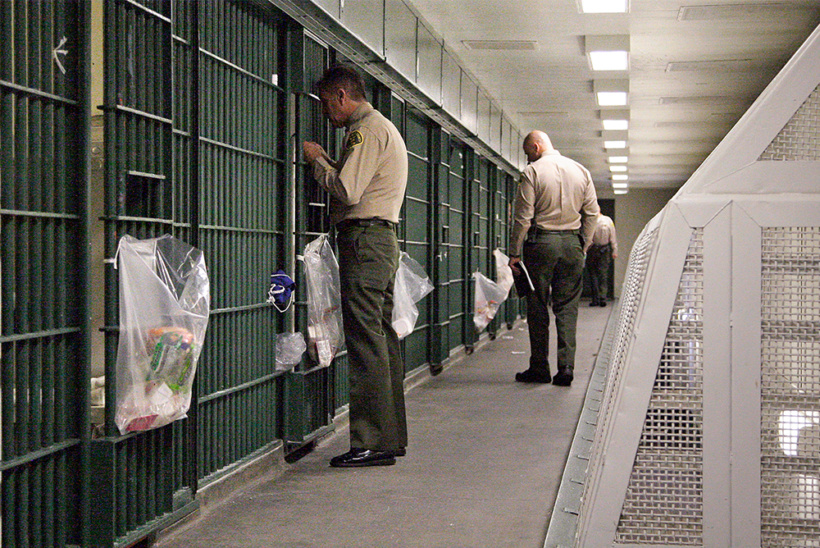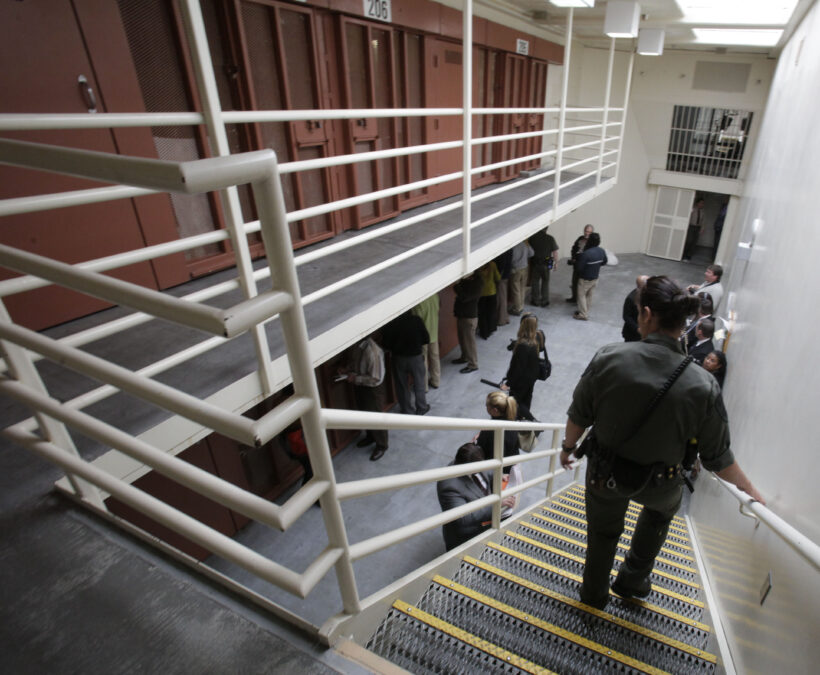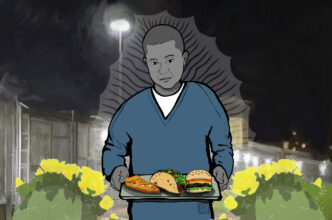After the Prisons Close, Where Does That Leave Rural Communities?
Incarceration Is Big Business In Towns Like Susanville, Which Now Must Find a New Economic and Civic Path Forward
Watch the culminating event to the Zócalo/California Wellness Foundation Inquiry “What Would the End of Mass Incarceration Mean for Prison Towns?” livestreamed from Susanville, CA and read the Takeaway …




